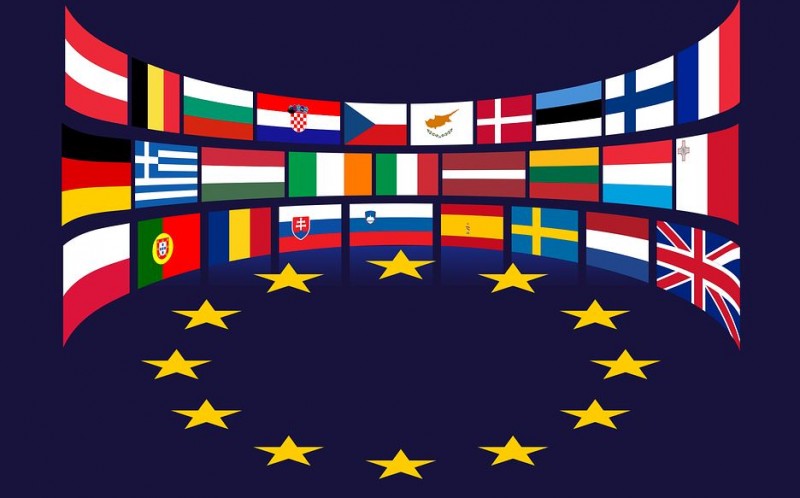
The European Union (EU) stands as a beacon of economic integration and cooperation among European nations. Established with the noble aim of fostering unity and peace after the devastations of World War II, the EU has evolved into a powerful economic and political entity, significantly impacting the lives of its citizens and influencing global affairs. In this article, we will explore the origins of the EU, its fundamental principles, the benefits it brings to its member countries, and its role in promoting economic prosperity and cooperation.
1. The Genesis of the European Union
1.1 Post-World War II Europe
The devastation caused by World War II left Europe in ruins, both physically and economically. The continent yearned for lasting peace and cooperation among nations to prevent future conflicts.
1.2 The Birth of the European Union
In the aftermath of the war, the founding fathers of the EU envisioned a unified Europe that would be built on economic interdependence, shared values, and collective decision-making.
2. The Fundamental Principles of the EU
2.1 The Four Freedoms
The EU is built on the principles of free movement of goods, services, capital, and people. These four freedoms are the cornerstone of the single market, promoting seamless trade and mobility within the Union.
2.2 Subsidiarity and Proportionality
Subsidiarity ensures that decisions are made at the most appropriate level, be it local, national, or European, while proportionality ensures that EU intervention is limited to what is necessary and proportionate to achieve the objectives.
3. Advantages of EU Membership
3.1 Economic Benefits
EU membership offers numerous economic advantages, including access to the single market, which enables businesses to reach over 445 million consumers, leading to increased trade and economic growth.
3.2 Political Cooperation
The EU provides a platform for member countries to work together on common issues such as security, climate change, and migration, amplifying their influence on the global stage.
4. Eurozone and the Single Currency
4.1 Introduction of the Euro
The euro, introduced in 1999, is the official currency of the Eurozone, comprising 19 out of the 27 EU member countries. It has facilitated trade, eliminated exchange rate fluctuations, and promoted economic stability.
4.2 Challenges and Benefits
While the euro has brought significant benefits, it has also posed challenges in maintaining economic convergence and fiscal discipline among its diverse member states.
5. Enlargement of the EU
5.1 Enlargement Process
The EU has experienced several waves of enlargement, with new member states acceding after meeting strict criteria related to democracy, human rights, and economic stability.
5.2 Impact of Enlargement
Enlargement has expanded the EU's borders and influence, enhancing regional cooperation and stability while offering new opportunities for economic growth.
6. EU's Role in Global Affairs
6.1 Promoting Peace and Stability
The EU is committed to promoting peace, stability, and conflict resolution in various regions of the world through diplomatic efforts and humanitarian aid.
6.2 Trade and Partnerships
The EU is a major player in international trade, engaging in various trade agreements and partnerships that strengthen economic ties with other countries.
7. Challenges and Future Prospects
7.1 Brexit and Its Implications
The departure of the United Kingdom from the EU, commonly known as Brexit, has presented challenges for both the UK and the remaining EU member states.
7.2 Shaping the Future
The EU continues to evolve, addressing emerging challenges such as climate change, digital transformation, and social inequality, while ensuring the well-being of its citizens.
The European Union has come a long way since its inception, fostering economic integration and cooperation among European nations. Through its commitment to the principles of unity, peace, and prosperity, the EU has brought tangible benefits to its member states and strengthened its position as a global player. As the EU faces new challenges and embraces future opportunities, its role in shaping the world's economic and political landscape remains pivotal.
World Intellectual Property Organization (WIPO): Protecting Intellectual Property Rights Globally
World Trade Organization (WTO): Facilitating International Trade and Resolving Trade Disputes
World Bank Group: Supporting Developing Nations with Financial and Technical Assistance